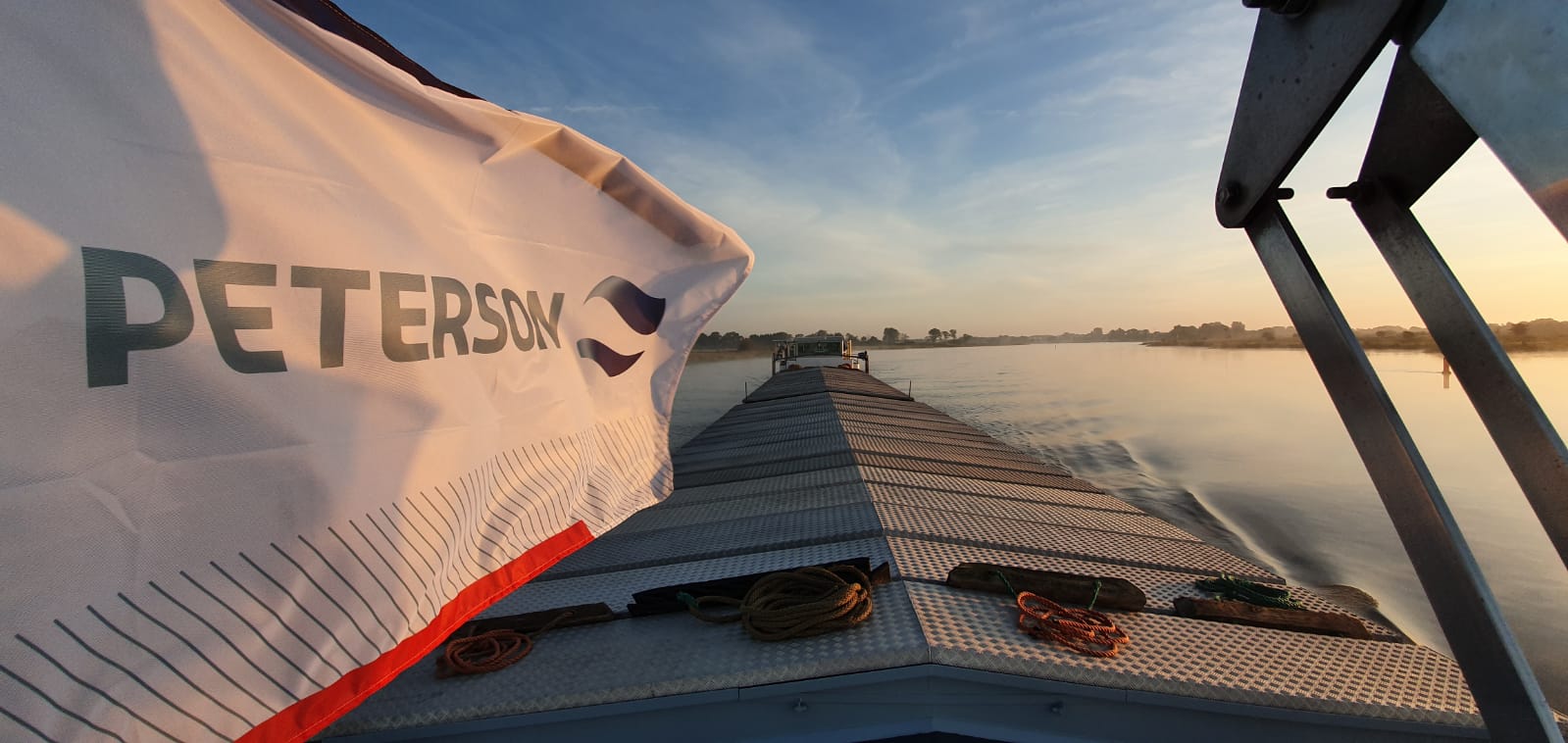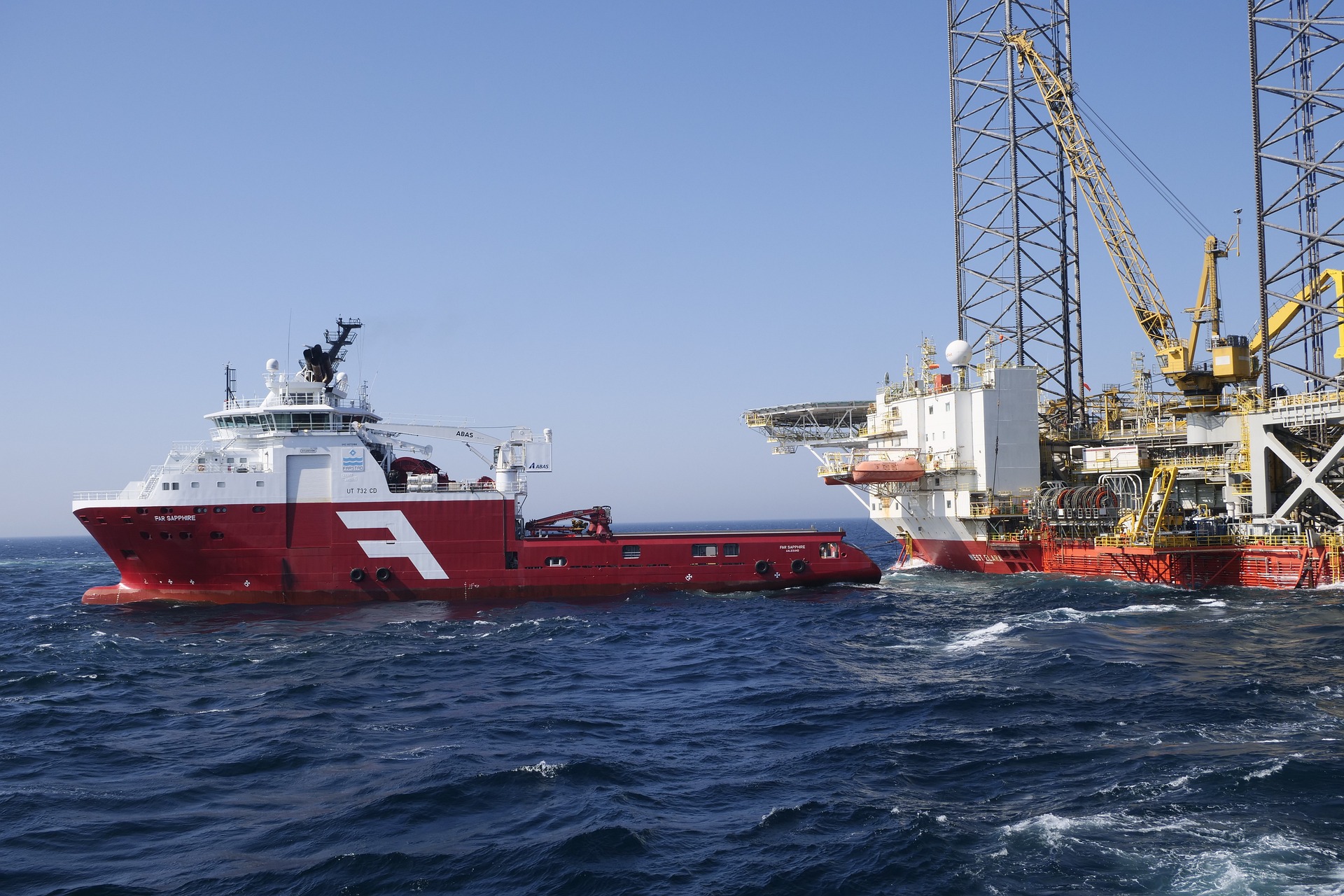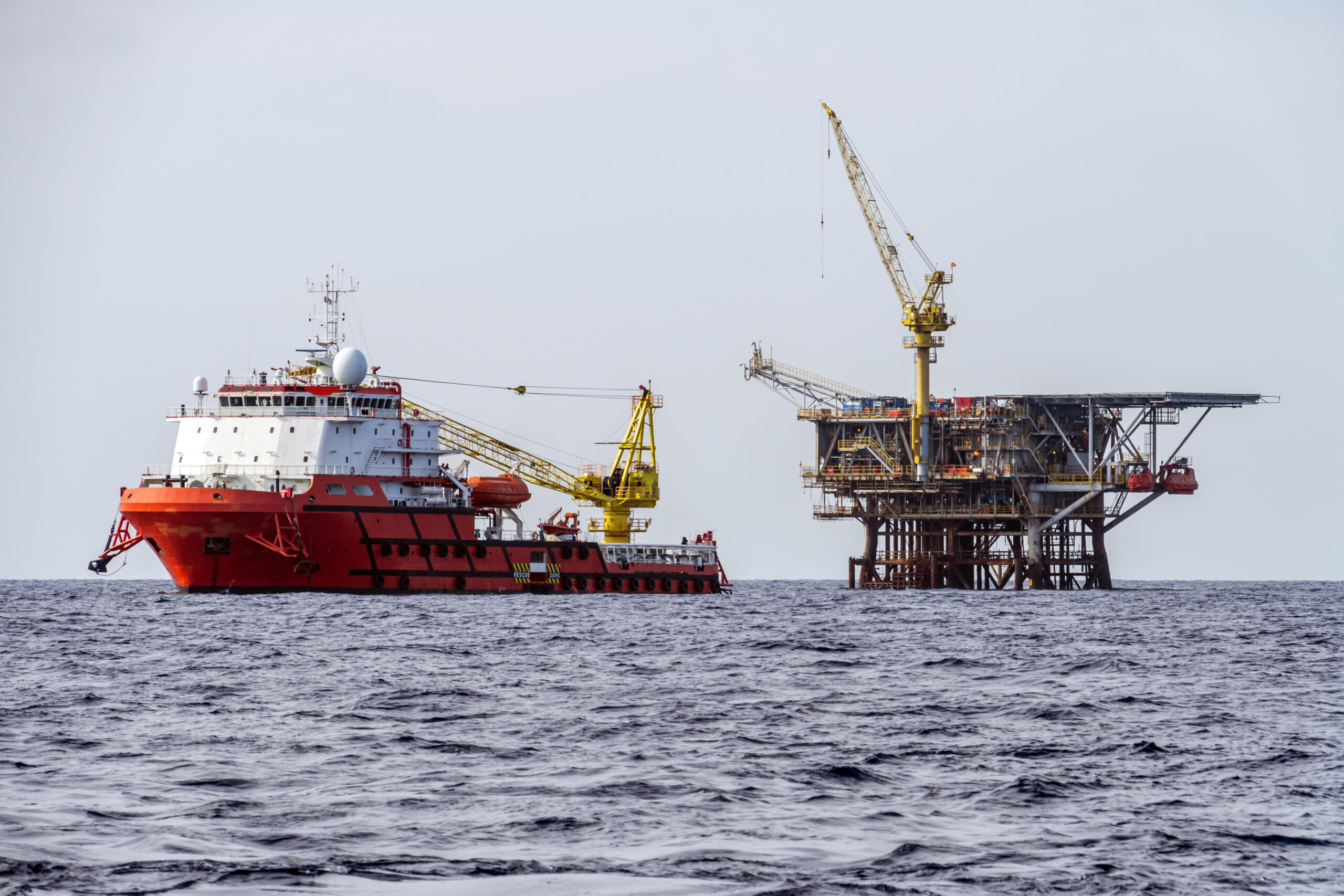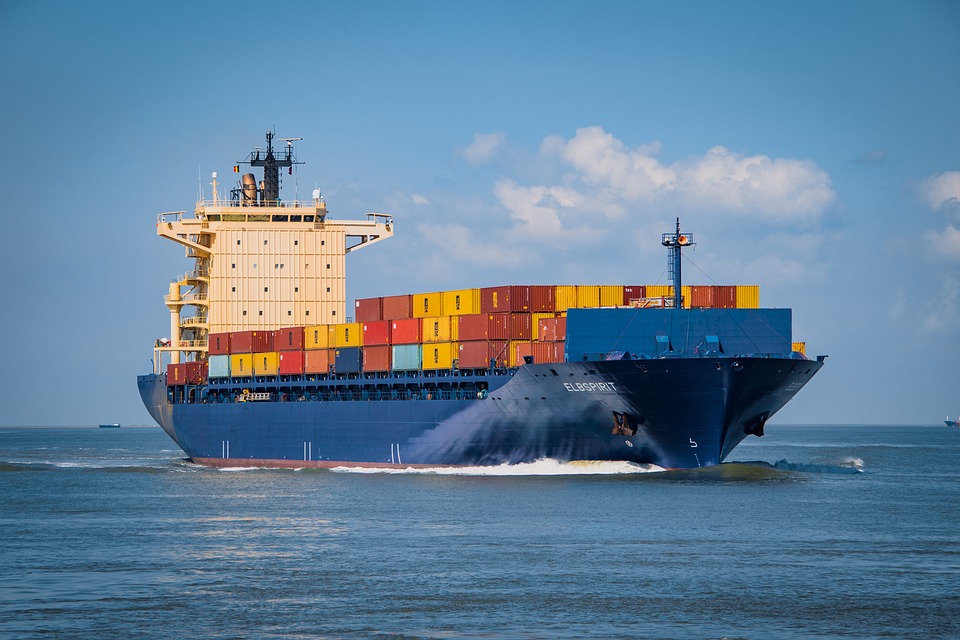Pyxis Ocean: first cargo-ship to sail and produce less carbon emissions
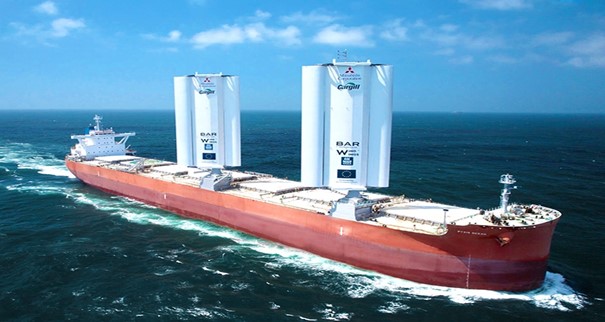
Source: Marinelog.com
Decarbonization of shipping
Pyxis Ocean, a 2017-built 80,962 dwt bulker chartered by Cargill, has become the first ship to be fitted with BAR Technologies’ WindWings. The vessel, which is owned by Mitsubishi Corporation subsidiary MC Shipping, was retrofitted with the two hard sails at a COSCO shipyard in China and is now en route to Brazil.
“The maritime industry is on a journey to decarbonize—it’s not an easy one, but it is an exciting one,” said Jan Dieleman, president of Cargill’s Ocean transportation business. “At Cargill we have a responsibility to pioneer decarbonizing solutions across all our supply chains to meet our customer’s needs and the needs of the planet. A technology like WindWings doesn’t come without risk, and as an industry leader – in partnership with visionary shipowner MC Shipping – we are not afraid to invest, take those risks and be transparent with our learnings to help our partners in maritime transition to a more sustainable future.”
Manufactured by BAR Technologies industrialization partner Yara Marine Technologies, WindWings are large wing sails measuring up to 45 meters in height that can be fitted to the deck of bulk cargo ships to harness the power of wind. According to BAR Technologies, they are expected to generate average fuel savings of up to 30% on newbuild vessels.
“If international shipping is to achieve its ambition of reducing CO2 emissions, then innovation must come to the fore,”
BAR Technologies CEO John Cooper
The WindWings project is co-funded by the European Union as part of the CHEK Horizon 2020 initiative, can help the industry meet those targets by offering a retrofit solution that is capable of decarbonizing existing vessels, which is particularly relevant given that 55 percent of the world’s bulker fleet are up to nine years in age.
The performance of the Pyxis Ocean sails will be closely monitored over the coming months to further improve their design, operation, and performance, with the aim of using the Pyxis Ocean installation to inform the scale-up and widespread adoption of the technology. BAR Technologies is already planning to build hundreds of wings over the next four years and is also researching newbuilds with differing hydrodynamic forms.
“Wind is a near marginal cost-free fuel and the opportunity for reducing emissions, alongside significant efficiency gains in vessel operating costs, is substantial. Today is the culmination of years of pioneering research, where we’ve invested in our unique wind sail technology and sought out a skilled manufacturing partner in Yara Marine Technologies, in order to provide vessel owners and operators with an opportunity to realize these efficiencies.”
